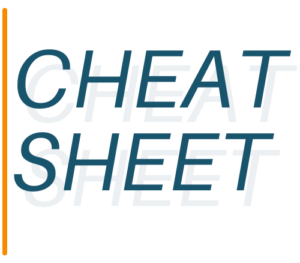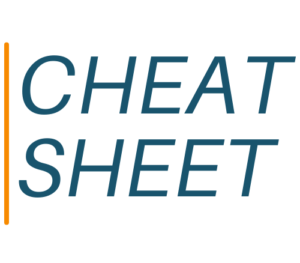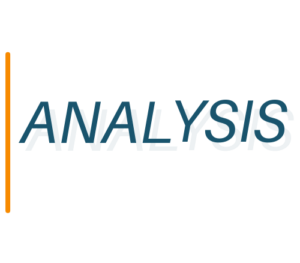
Cheat Sheet: Renewables Targets
Here are 15 targets who covered renewable energy sometime in 2024. None of the names come from Renewables Now (Bulgaria), Renew Economy (Australia), Energy Live News (UK) or Solar Quarter (India).

Here are 15 targets who covered renewable energy sometime in 2024. None of the names come from Renewables Now (Bulgaria), Renew Economy (Australia), Energy Live News (UK) or Solar Quarter (India).

You’ll find this cheat sheet unusual: it comprises 11 targets ranging from Tier 1 to telecom trades to government tech. The intertwined topics of smart cities and urban planning touch technology and society, but also business.

Here are 15 top reporters expert in the field of network infrastructure. Many are the usual suspects. The audience sizes are small, relative to other tech segments.

By subscriber request, here’s a fresh look at B2B reporters who cover product announcements — 82 in all. “Products” also can mean services — in short, it’s the news in your news cycle that needs to be covered the week it’s announced.

Why would tech PR pros care which tier 1 titles have the most loyal readers? Why does loyalty — or the lack thereof — matter? Pitching requires deep knowledge of targets and beats, and that’s about it, right? Here’s why you might care.

Our previous IAM cheat sheet was less than a year old but needed a good scrub. Fewer reporters cover IAM these days. We did find 11, whose names are below. Few were on the last one.

Here’s a cheat sheet comprising 11 reporters who recently covered a cybersecurity survey as news. We carried over three targets from our Sept. 2022 cheat sheet; all other names are new.

We offer 19 cybersecurity podcasts, the vast majority being from independent experts. We omitted podcasts produced by vendors (or tried to), and those that were obviously pay-to-play. You’ll find lots of podcasts addressing how to land a job in cybersecurity.

Here’s a cheat sheet on the top 17 most prolific cybersecurity reporters as of April 2024. They are the ones who write more frequently about cybersecurity topics than other beat reporters.

Strangely enough, there’s not a whole lot of coverage on how banks are using AI. Where are all the curious journalists?
YOUR ACCOUNT
FRIDGE NOTES
Former NYT reporter and Google Cloud EIC Quentin Hardy also interviewed Eric Savitz about his career and move to GM. Good reading.
The UK-based newsletter company called Trending Now uses AI to scrape what’s trending across 27 areas of B2B. Press Gazette has additional detail. The company employs ten, none of whom are journalists (by traditional definition).
The full union membership needs to ratify it on July 24, but it looks like no editors can be laid off or suffer a salary cut if the publication goes big in its use of generative AI. More detail here from Neiman.
Goldman Sachs took 32 pages to say pretty much that. The media business may turn out to be an outlier, an industry perfectly suited to synthetic, multilingual words, sounds and images at scale. As for everyone else, well, the global consultancies will learn the truth first because they have rushed to monetize Gen AI — they aren’t yet succeeding.
Three free one-month subs are available from SWMS, no catches or gimmicks. Get in touch for details. BT is among the best tech newsletters out there.